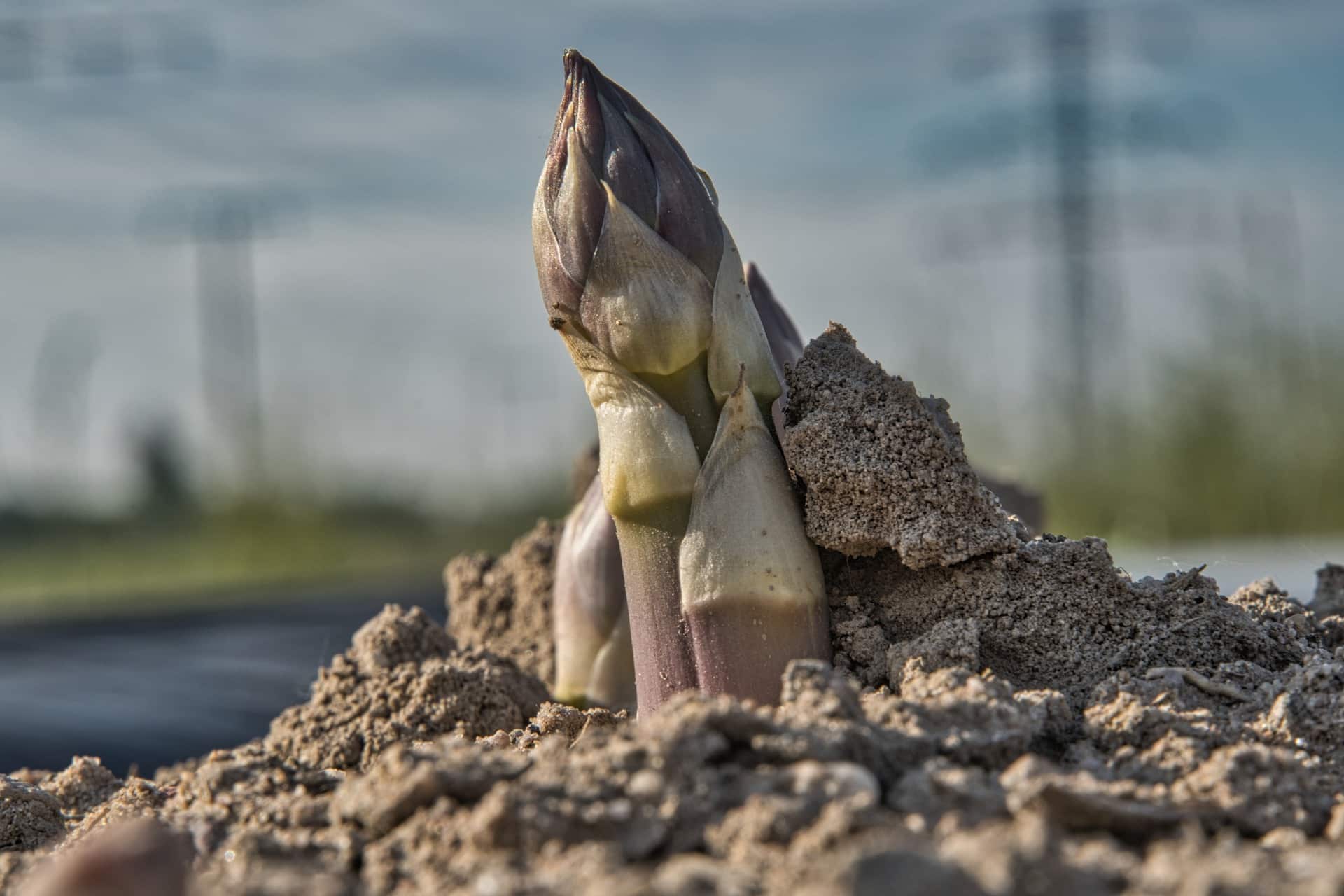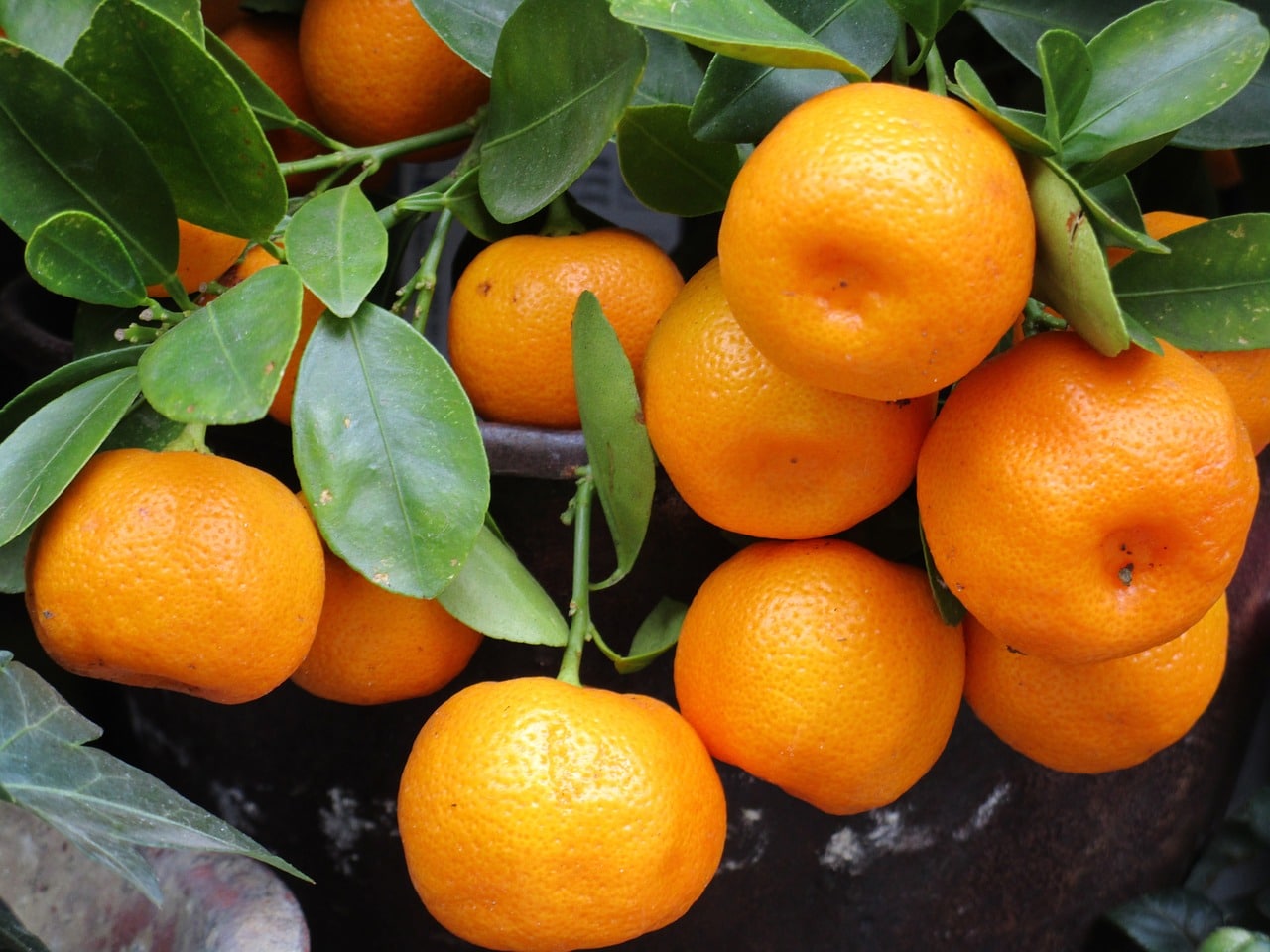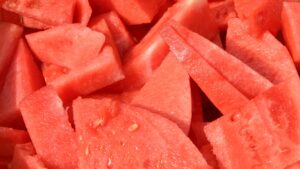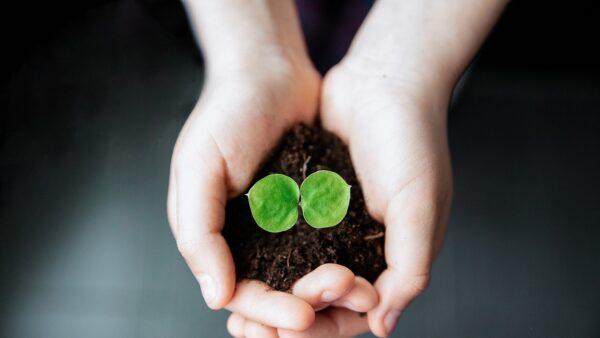There’s one thing you probably didn’t know about asparagus… At one point in time, it was considered a luxury for nobles and royalty! According to the USDA, the asparagus dates back to 3,000 B.C. and was grown throughout the Mediterranean — from North Africa to Europe to the Middle East.
Unfortunately, that didn’t include the U.S. Asparagus didn’t come to the U.S. until the 1600s, and it was introduced in California two centuries later.
Now, while asparagus is considered a labor-intensive crop, fresh asparagus consumption is on the up and up, according to the Ag Marketing Resource Center, with 2020 producing 19,200 acres of harvested asparagus. Here’s some quick facts to keep you on top of this spring vegetable.
Timeline
- 3000 BC — The first notes of asparagus being grown were found around this time.
- 200 BC — Romans detailed gardening instructions of asparagus.
- 1500s — Asparagus was served in royal European courts.
- 1600s — Asparagus was cultivated in France for Louis XIV, who was very fond of it.
- Late 1600s — Colonists from France and England brought asparagus to the U.S.
- 1850s — Asparagus was planted in California
Quick Statistics
- 90% of asparagus is eaten fresh.
- 80% is the amount of asparagus California grows in the U.S.
- 20 feet is how deep asparagus roots can grow.
- 500 million asparagus spears are harvested by hand each year.
- 25 is the number of spears a single asparagus plant can produce over the 7-week harvest season.
Quick Facts
- A mature asparagus field is picked 25-35 times per season.
- It takes four years for an asparagus field to fully mature, but fields last for approximately 20 years.
- Asparagus is part of the lily family and is believed to have originated in the Mediterranean.
- Purple asparagus is a new product of conventional breeding!
- When asparagus is digested, its acid gets broken down into sulfur-containing byproducts. When you use the bathroom, those sulfur byproducts evaporate immediately, causing your urine to smell!
Sources: Cultures, Michigan Asparagus, Health Cleveland, MSU Extension, Texas A&M Agrilife, USDA
Want to read other breeding histories? Check out:
Roses for Valentine’s Day? Here’s a History Lesson.












